In an age when technology works well with outdoor activities, cellular trail cameras have become essential tools for nature lovers, hunters, and people who study wildlife. These cameras make it easy to watch and record the natural world because they can be accessed from afar and updated in real time.
T-Mobile, a big name in the telecommunications business, has gotten into this exciting field by making a variety of new cellular trail cameras.
In this article, we’ll talk about how long a cellular trail camera T-mobile should last outdoors.
Cellular Trail Cameras: What You Need to Know
Cellular trail cameras are made to take pictures and videos of wildlife and other things that happen outside. Traditional trail cameras store pictures on an SD card or their memory. Cellular trail cameras, on the other hand, send pictures to your phone or computer through a cellular network. It means you can get real-time information and look at pictures from miles away.
T-Mobile’s move into the market for cellular trail cameras has gotten a lot of attention because of how reliable its network is and how we know it is in the telecommunications business. However, the life of these cameras is mostly determined by a few key factors.
Battery Life Span
The power life of a cellular trail camera is one of the main factors affecting how long it will last. Cellular trail cameras from T-Mobile usually have lithium batteries that last a long time. How long these batteries last depends on how the camera is set up and how often it is used.
Most cell phone trail cameras have settings that let you change how often they take pictures and send them over the network. If you set your camera to take pictures and send updates often, the battery will die faster. On the other hand, if you choose to update your camera less often, the battery will last longer.
Depending on how often they are used, T-Mobile’s cellular trail cameras can run from a few weeks to a few months on a single set of batteries. To get the most out of it, use lithium batteries, which last longer and work better in harsh weather.
Build Quality and Lasting Power
Another important thing affecting how long a cell phone trail camera will last is its durability. The cams made by T-Mobile are made to be used outside, where they might be exposed to harsh weather, wild animals, and theft or vandalism.
These cameras usually come in tough, waterproof cases that protect them from rain, snow, and high temperatures. Also, many T-Mobile cellular trail cameras have camouflage designs that make them harder for animals and possible intruders to spot.
Coverage of Networks
T-Mobile’s cellular trail cameras work well and last as long as the T Mobile Network is available and works well in your area. If you want to use a T-mobile cellular trail camera in an area where network service is weak or unreliable, it may not work as well as it could.
Before you buy a T-Mobile cell phone trail camera, you need to find out if the network works where you want to use it. You need a strong and stable network link for image transmission and remote access to work well.
Taking Care of Things
Your T-Mobile cellular trail camera can last much longer with proper care and repair. Check the camera often for signs of wear and tear, clean the lens and sensors, and keep it safe so it won’t get stolen or broken.
Conclusion
T-Mobile’s move into cellular trail cams gives people who like to be outside and people who study wildlife a fun way to improve their experiences and get more information. How long these cameras last depends on how long the batteries last, how strong they are, how well the network works, and how well they are taken care of.
Your T-Mobile cellular trail camera should last long with the right settings and care. It is a good investment for nature lovers, shooters, and scientists. Choose the camera model and settings that work best for your needs and the surroundings for the best results.
Cellular trail cameras from T-Mobile are a good choice for people who want to record the beauty of the outdoors.
Frequently Asked Questions
What Makes T-Mobile’s Cell Phone Trail Cams Different from Other Companies?
Cellular trail cameras from T-Mobile stand out because they use the T-Mobile network, known for its wide coverage and dependability. These cameras can give you information in real time and let you access them from afar, making them a great choice for people who like to be outside.
How Long Do You Think the Batteries in The Cell Phone Trail Cameras from T-Mobile Will Last?
How and when you use your phone affects how long the battery lasts. Most of T-Mobile’s cell phone trail cameras have lithium batteries that last a long time. Depending on how often they take pictures and send them, one set of batteries can power these cameras for anywhere from a few weeks to several months.
What Steps Should I Take to Take Care of My T-Mobile Cell Phone Trail Camera to Make It Last Longer?
Maintenance is very important. Check the camera often for signs of wear and tear, clean its lens and sensors, and make sure it’s in a safe place so it won’t get stolen or broken.
Are T-Mobile’s Cell Phone Trail Cameras Strong Enough to Withstand Elements?
Yes, the cameras from T-Mobile are made to work well outdoors. They usually have tough, weatherproof cases that protect them from rain, snow, and high temperatures.
How Do I Ensure that My T-Mobile Cell Phone Trail Camera Has a Stolen Connection to The Network?
How well the camera works depends greatly on how well the network works. Find out if the T-Mobile network works where you want to go to ensure a stable link. Select places with strong and reliable network signals for consistent picture transmission and remote access.

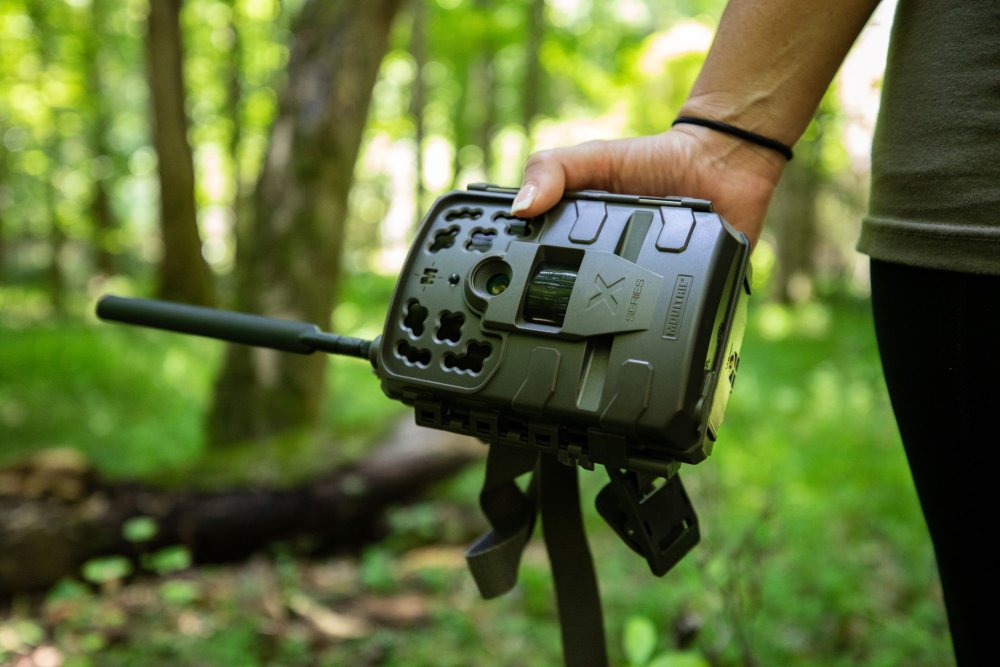
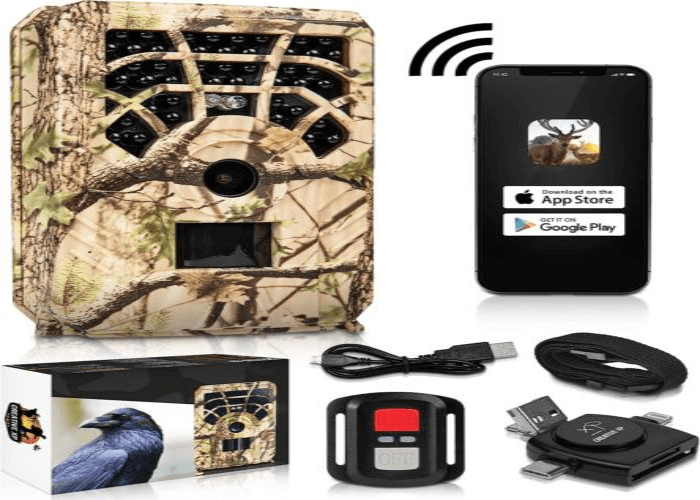
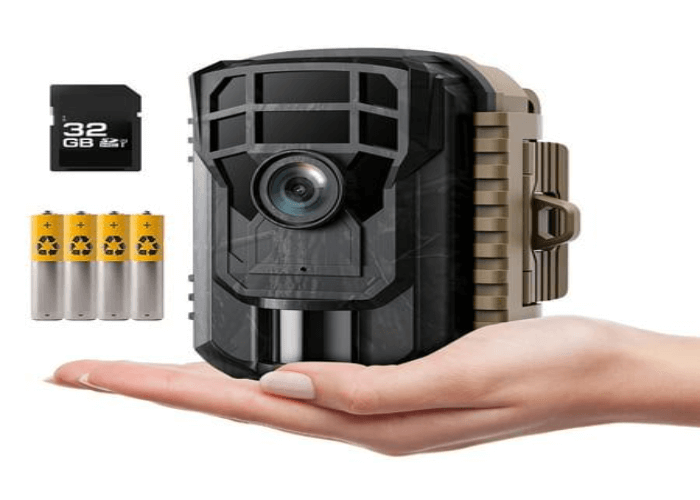
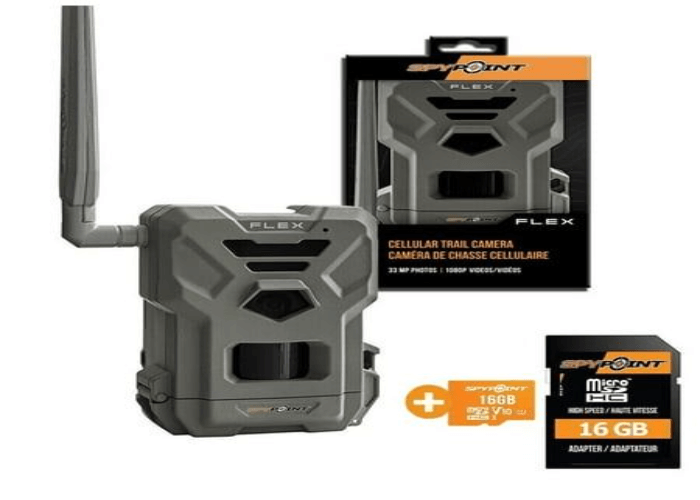
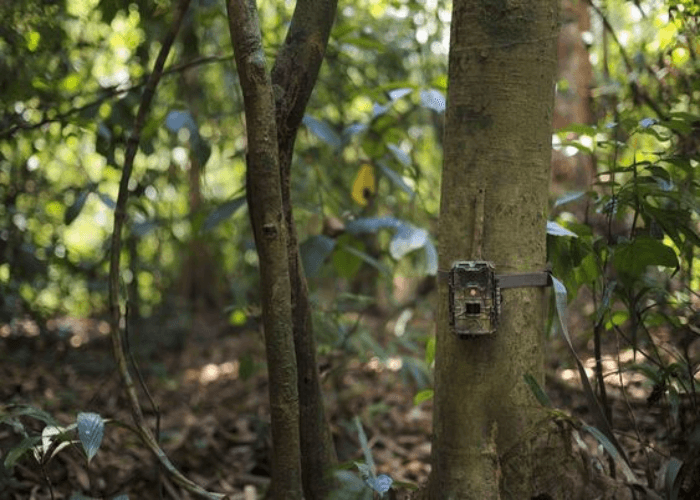
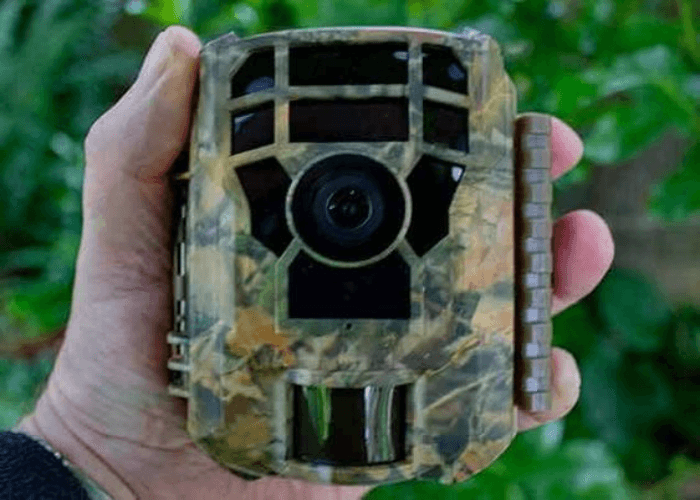
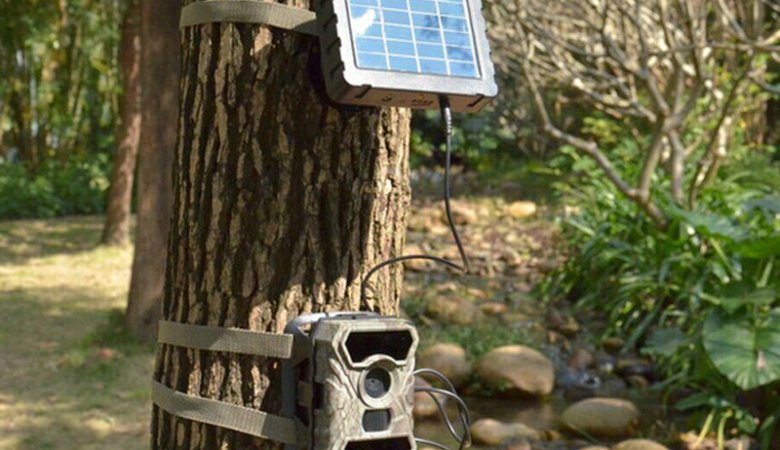
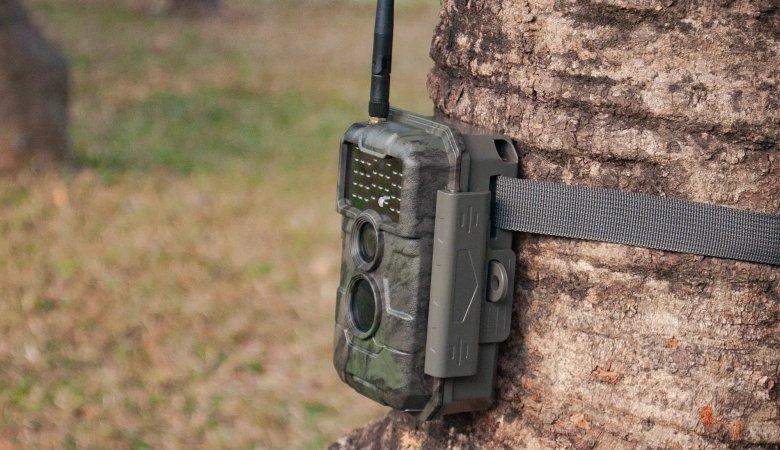
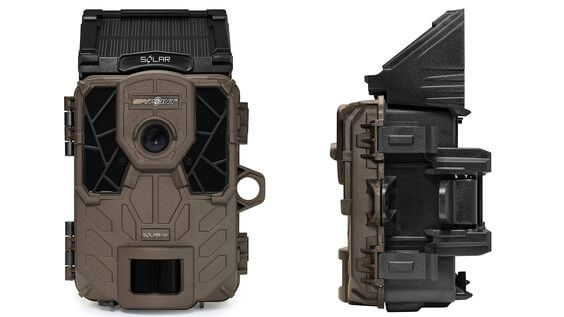
Leave a Reply